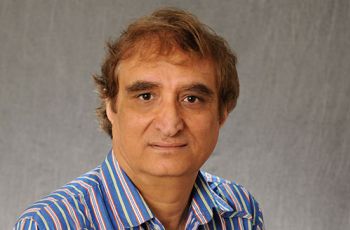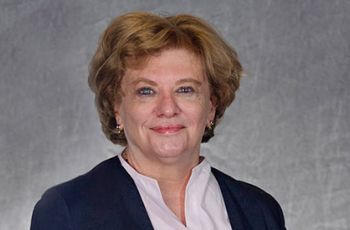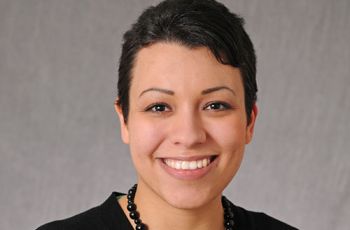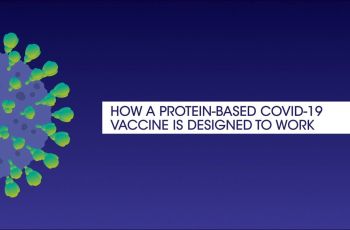Research News
Nanotechnology delivery systems may be an innovative and effective approach to delivering cannabinoids for skin care, according to a team from the Department of Dermatology at the George Washington University School of Medicine and Health Sciences.
More than 150 research posters covered a range of disciplines, such as basic and translational science, clinical research, health policy and public health research, and education-related research, during the first annual Medical Student Research Day, May 7.
Imtiaz Khan, PhD, professor of microbiology, immunology, and tropical medicine at the George Washington University School of Medicine and Health Sciences, recently received a $2.9 million grant from the National Institute of Allergy and Infectious Diseases at the National Institutes of Health to…
Kenna Peusner, PhD, professor of neurology at the George Washington University School of Medicine and Health Sciences, received a $1.65 million grant from the National Institutes of Health to investigate the peripheral vestibular system in congenital vestibular disorders.
A collaborative team from the GW School of Medicine and Health Sciences and Albert Einstein College of Medicine published on the possibility that curcumin may be a viable photoprotective adjuvant when delivered through nanoparticles,
The predoctoral NIH fellowship, also known as the Ruth L. Kirschstein Predoctoral Individual National Research Service Award, is earned by scholars based on the quality of their mentored research proposal and career development plan.
The GW Medical Faculty Associates will pilot a real-time remote monitoring tool for maternal mental health with Babyscripts, the leading virtual care platform for managing obstetrics. GW will be gathering data around the efficacy of the new tool for a focused research study.
GW researchers found low dose aspirin may reduce the need for mechanical ventilation, ICU admission and in-hospital mortality in hospitalized COVID-19 patients. Final results indicating the lung protective effects of aspirin were published today in Anesthesia & Analgesia.
The GW Department of Dermatology received a $250,000 grant from Pfizer to expand accessible teledermatology for atopic dermatitis patients in Washington, D.C.
The George Washington University announced today its participation in a Sanofi COVID-19 vaccine clinical trial. GW was selected as one of approximately 25 sites in the United States to launch a phase 2 study for its adjuvanted recombinant protein-based COVID-19 vaccine candidate.




